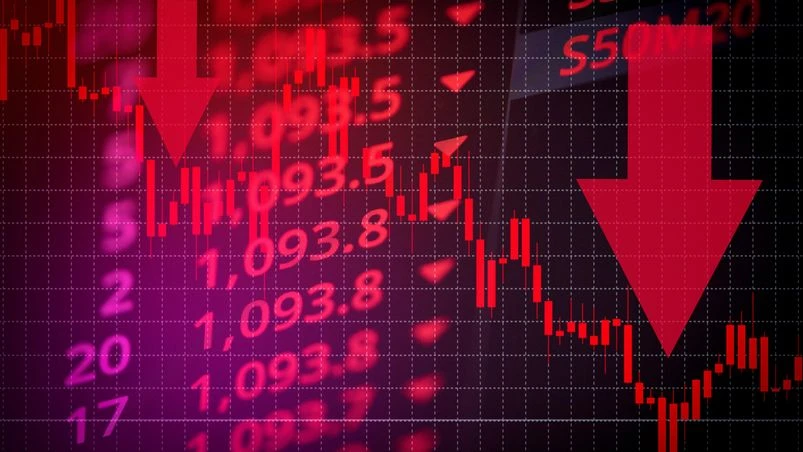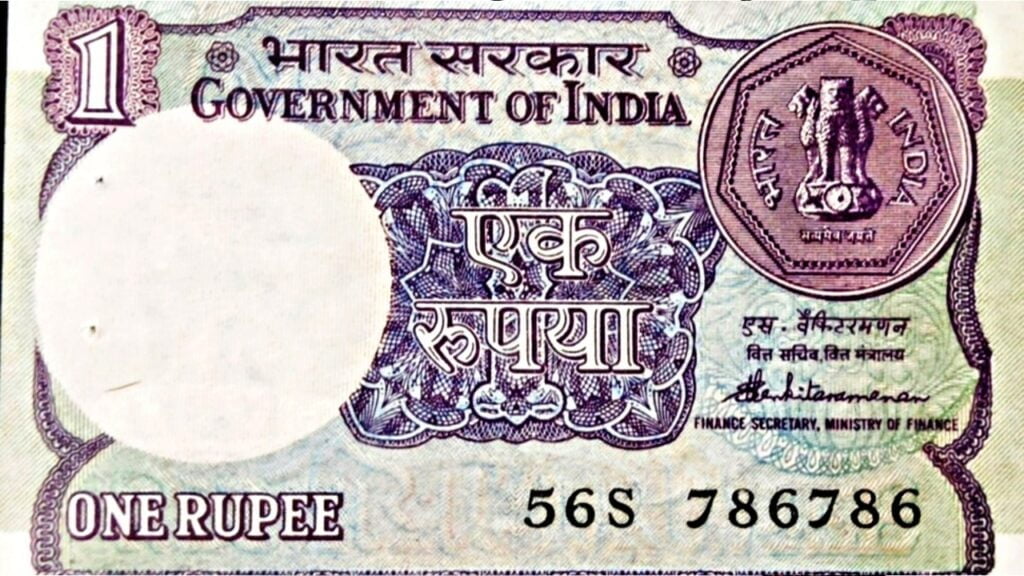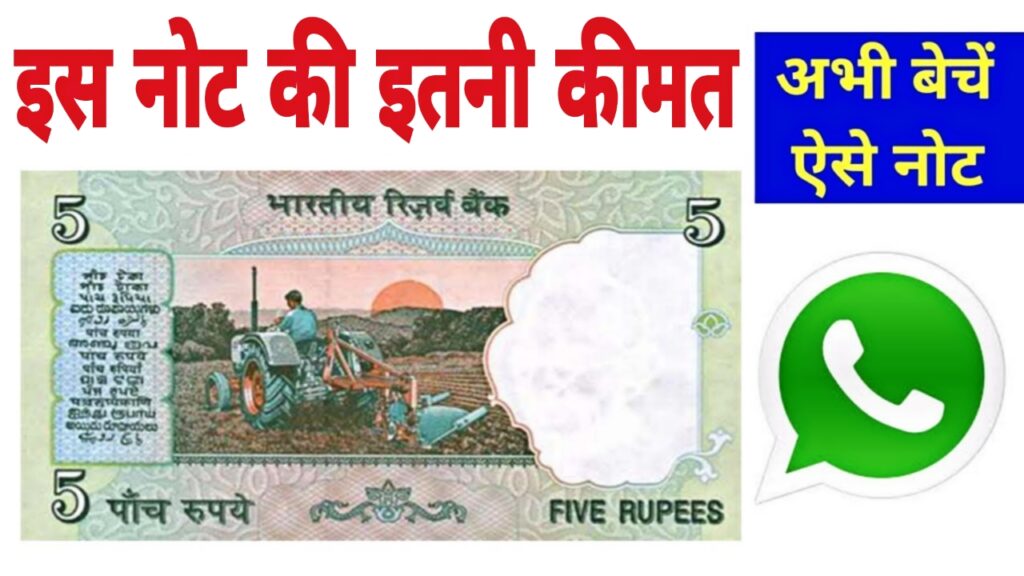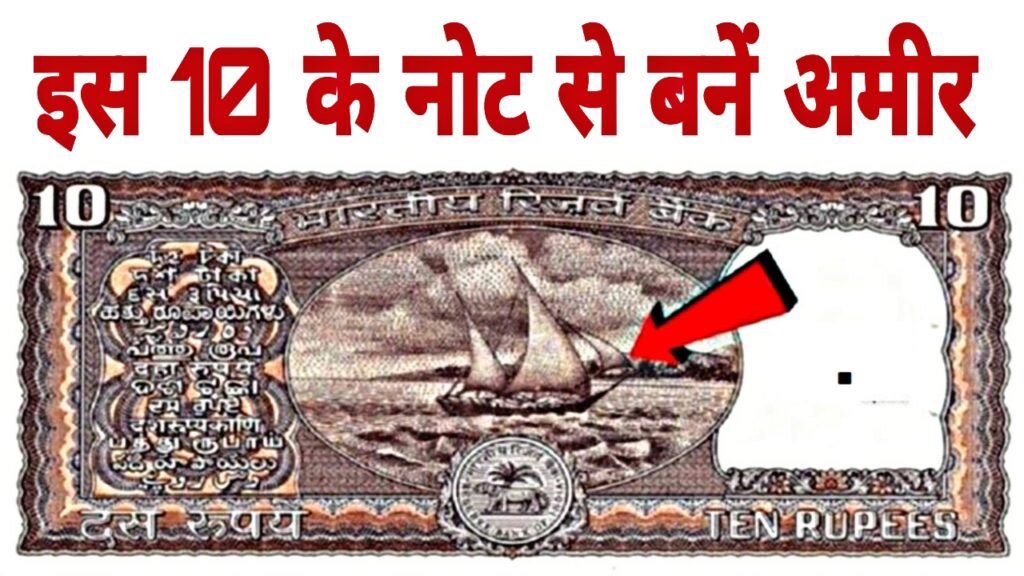TCS Market Dip highlights a tough week for investors as Sensex falls by 863 points.
Seven of the top ten companies in the country’s market valuation dropped by ₹1.35 lakh crore during this week’s trading due to tensions over tariffs and trade agreements with the United States. Tata Consultancy Services (TCS) was the biggest loser at this time.
The market value of the business dropped by ₹47,487 crore to ₹10.87 lakh crore. The values of Airtel, Bajaj Finance, and Infosys fell by ₹29,936 crore, ₹22,806 crore, and ₹18,694 crore, respectively, during this time.
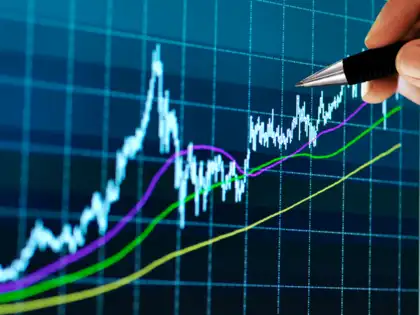
The valuation of Hindustan Unilever rose by ₹32,013 crore.
Hindustan Unilever (HUL), an FMCG corporation, saw a ₹32,013 crore growth in value over this time, reaching ₹5.99 lakh crore. The valuation of HDFC Bank rose to ₹15.44 lakh crore, a rise of ₹5,947 crore.
On Friday, Indian stock markets plummeted for the second consecutive day: Since Trump announced 25% tariffs, the Sensex has dropped by about 900 points; this week, it dropped by 863 points.
On Friday, August 01, 2025, Indian financial markets plummeted for the second consecutive day following US President Donald Trump’s 25% tariffs and an undisclosed penalty on Indian imports. After plunging over 600 points, the 30-component index levelled off at 80,599.91. In contrast, the overall barometer dropped more than 200 points to 24,565.35. Trump’s declaration of 25% tariffs has caused the Sensex 30 to drop 881.92 points.
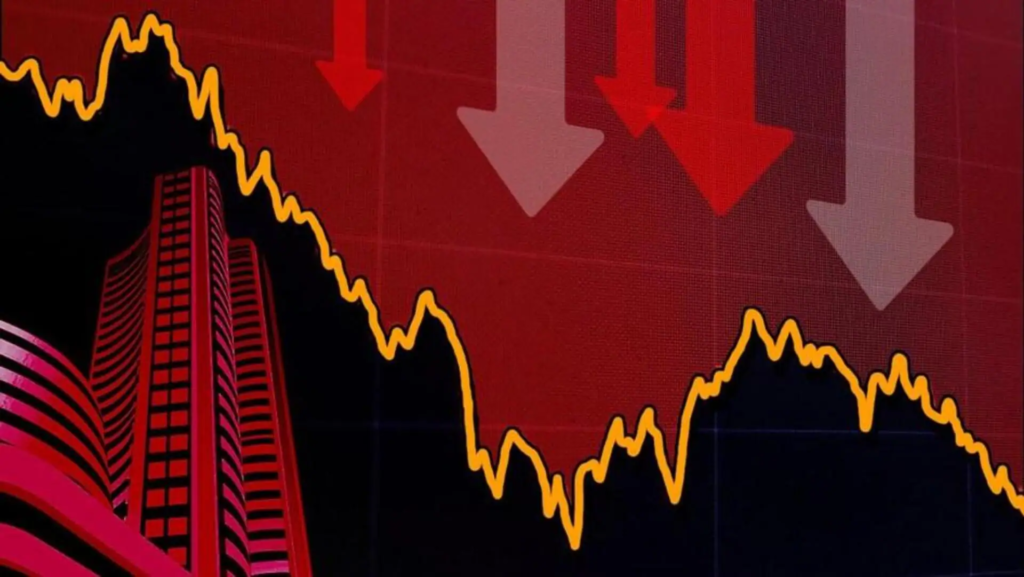
Market capitalisation:
A company’s market capitalisation is the sum of all of its outstanding shares, or all of the shares that are presently owned by its shareholders. It is computed by multiplying the price of the company’s shares by the total number of shares issued.
Here’s an example to help you understand this.
Assume that 10 million (1 crore) shares of Company ‘A’ have been purchased by investors. Ten million times twenty, or ₹200 million (₹20 crore), is the market worth of the company if the price of a single share is ₹20 rupees.
As a result of rising or falling share prices, companies’ market values fluctuate. There are numerous further explanations for this.

effects do changes in market capitalisation have on investors and the company?
Effect on the Company: A company that has a high market capitalisation is better able to borrow money, raise money from the market, or buy out other businesses. Conversely, the company’s capacity to make financial decisions is diminished by a tiny or low market capitalisation.
Impact on Investors: As the value of investors’ shares rises, a rise in market capitalisation immediately helps investors. On the other hand, a drop may result in losses, which may encourage investors to sell their stock.
As an example, investors’ wealth will rise and TCS may have more money for future investments if its market capitalisation rises from ₹12.43 lakh crore. It could be harmful, though, if the market capitalisation drops.
Strong Financial Performance: Investors are drawn to companies with growing earnings, revenue, and profit.
Positive News or Event: The demand for shares rises in response to new contracts, acquisitions, product launches, and regulatory approvals.
Market Sentiment: Investors are drawn to bullish market trends or sector-specific expectations, such as the IT sector’s projected expansion.
Share Price Decline: Share prices decline as a result of decreased demand, which has an immediate effect on market capitalisation.
Bad Outcomes: When profits and sales decline, debt rises, or losses transpire during a fiscal year or quarter, investors sell their shares.
Negative News: Investment is decreased by any unfavourable news about scandals, court cases, failed products, or poor leadership.
Economic or Market Decline: Shares may decline as a result of a recession, rising interest rates, or a bear market.

